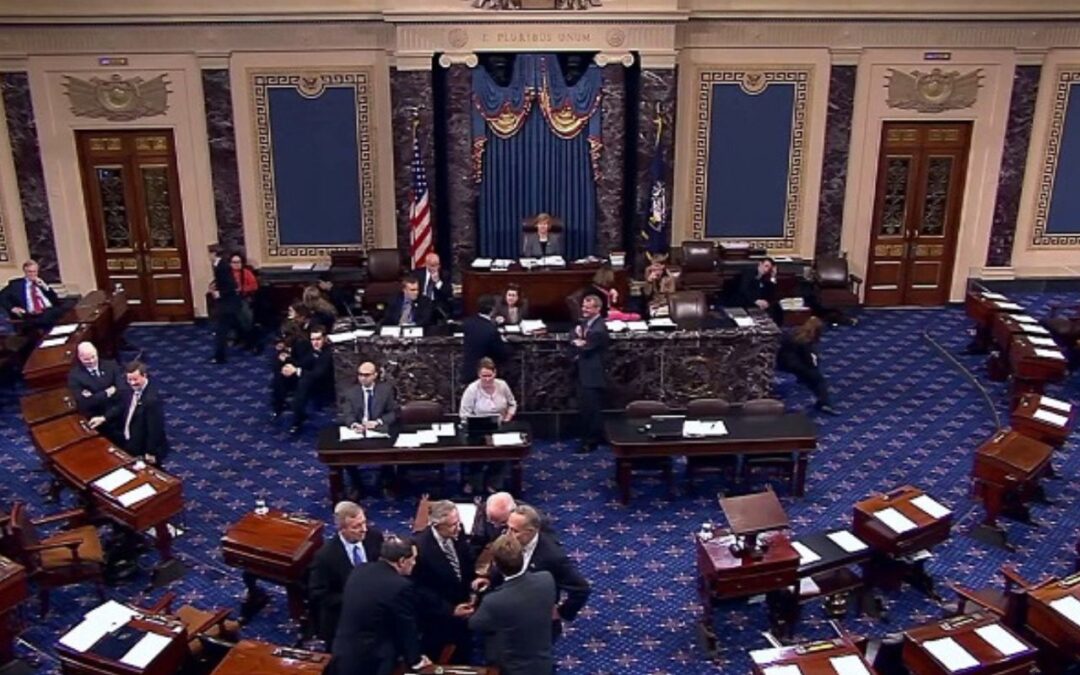Synopsis– Wisconsin lawmakers are moving in lockstep to target crypto ATM scams with tougher rules. Senators filed a companion bill that mirrors a House proposal to regulate kiosks and protect consumers. The coordinated push aims to speed passage and clamp down on fraud linked to crypto ATMs across the state.
Companion bill
Senator Kelda Roys introduced Senate Bill 386 with six Democrats as co-sponsors. It accompanies Assembly Bill 384, filed earlier by Representative Ryan Spaude on July 31. The bills are identical and designed to advance together through both chambers. This strategy increases the chance of enactment and shortens the legislative timeline.
Under the proposals, every crypto ATM operator must hold a money transmitter licence. Operators must also collect user information, including full name, date of birth, phone number, address, and email. These measures apply across all transactions and locations statewide. The bills require operators to capture a government-issued ID and a live photo. Each transaction must undergo identity verification, removing anonymity at kiosks. Lawmakers say the rules will deter fraud while standardising compliance across the sector.
Stronger ID checks and daily limits
The bills impose strict Know Your Customer checks for every transaction. Users must present a passport or driver’s license at the kiosk. Operators must photograph the customer and confirm the match before completing the transfer. These steps aim to stop scammers from exploiting kiosk speed and simplicity.
Daily transactions would be capped at $1,000 per customer. The cap limits the scale of potential losses tied to scams. Lawmakers believe smaller limits reduce harm and discourage criminal misuse. The cap applies regardless of location or kiosk operator. Additionally, crypto ATMs must display fraud warnings prominently. Labels must sit within the customer’s field of vision on the front of the machine. The bills also require on-screen alerts before users proceed with a transaction. The warnings highlight common scams and impersonation tactics used by criminals.
Fee caps and mandatory reimbursements
Crypto ATMs often charge higher fees than online exchanges. The bills would cap kiosk fees at the greater of $5 or 3% of the transaction value. Lawmakers argue the caps protect consumers from excessive charges in high-risk settings. The caps also push operators toward clearer, fairer pricing structures.
The proposals create a safety net for scam victims. Operators must fully reimburse customers if a fraudulent transaction is confirmed. Refunds apply when law enforcement verifies fraud within 30 days. The duty also applies when operators are contacted by authorities in that window. This provision strengthens accountability and consumer protection.
The refund requirement targets scams where victims are tricked into sending funds. It also aligns kiosk practices with traditional financial safeguards. Lawmakers stress that timely verification and reporting remain essential. The reimbursement rule seeks to reduce irreversible harm from rapid crypto transfers.
National warnings and global crackdowns
Federal authorities have raised alarms about crypto ATM abuse. On August 4, FinCEN urged financial institutions to report suspicious kiosk activity. The notice flagged fraud, cybercrime, and drug trafficking as key risks. It warned that criminals exploit kiosk convenience and poor compliance. The alert emphasised risks to older adults targeted by imposter scams.
International regulators are also tightening controls on crypto ATMs. New Zealand announced a nationwide ban on July 17, citing crime concerns. Officials pointed to money laundering and organised crime risks at kiosks. The move reflects a broader push to restrict unregulated cash-to-crypto channels.
The United Kingdom escalated enforcement against illegal crypto ATMs in July. Authorities seized seven machines in London and made arrests. Regulators said no legally registered crypto ATMs currently operate in the UK. The operation highlighted ongoing money laundering concerns linked to kiosks. Wisconsin’s bills follow these mounting warnings at home and abroad. The measures blend licensing, KYC checks, limits, and clear disclosures. Lawmakers aim to curb scams while keeping legal crypto access intact. The parallel filings signal urgency and a clear path to a vote.
Written By Fazal Ul Vahab C H






